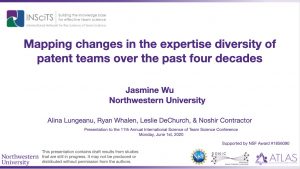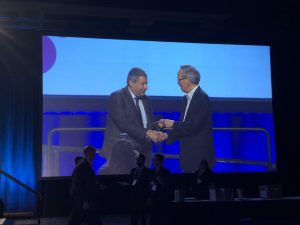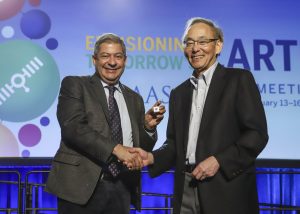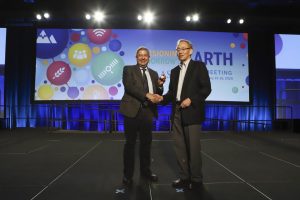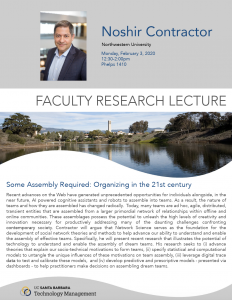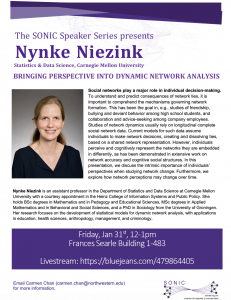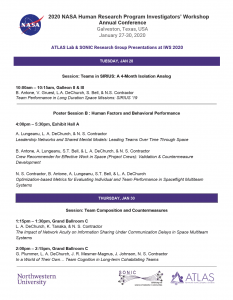Graduate student Jasmine Wu participated in the International Network for the Science of Team Science conference as a panel speaker for Scientometrics and Data Analytics for Team Science Special Interest Group. In the panel, she presented our research titled “Mapping changes in the expertise diversity of patent teams over the past four decades.”
